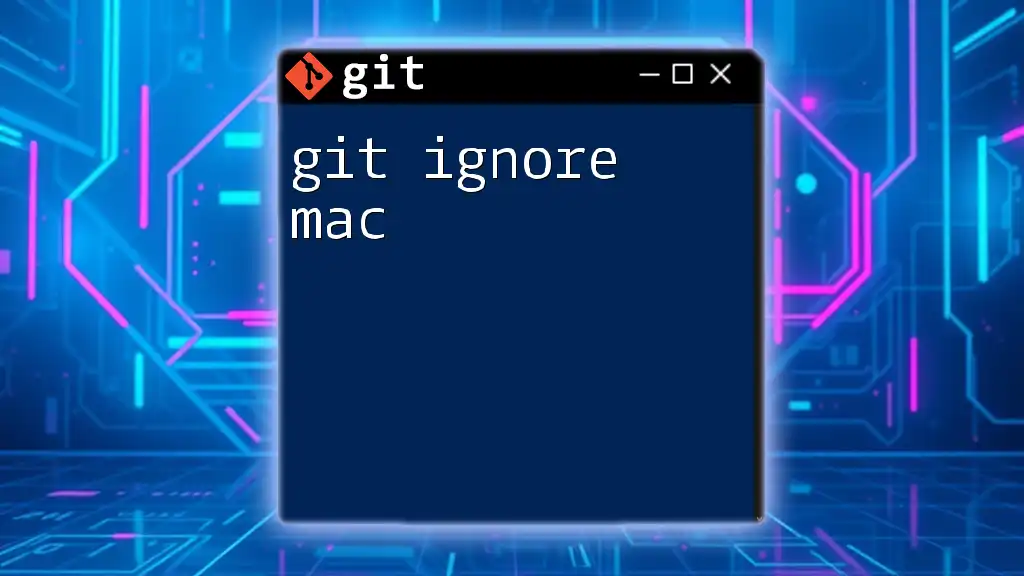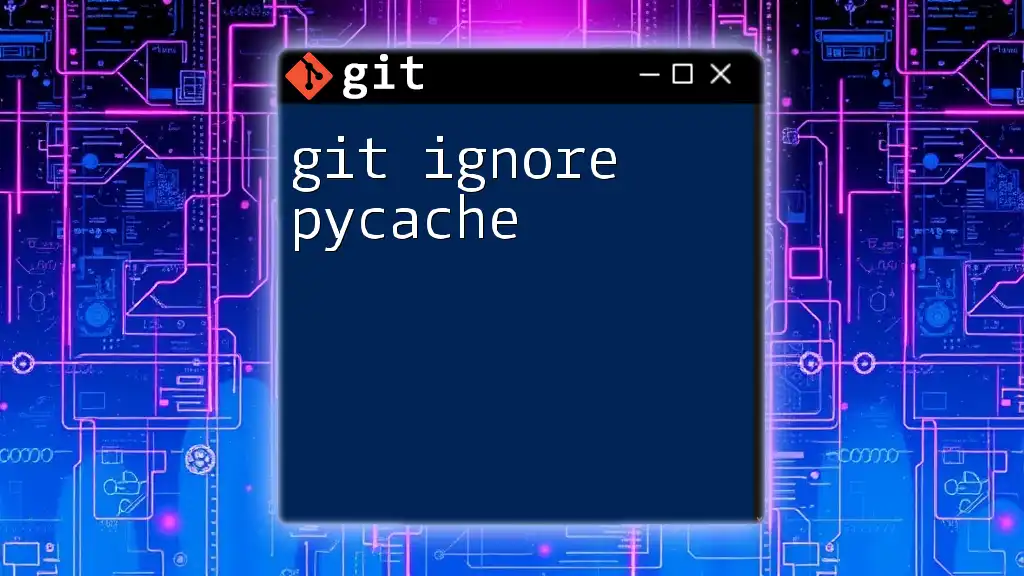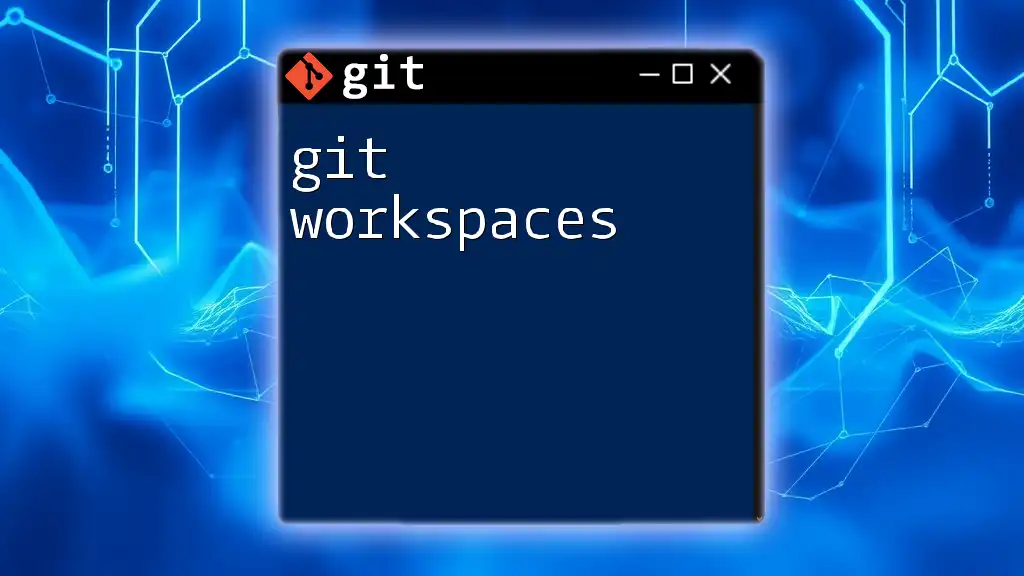Amazing Tips About How To Ignore Whitespace In Git Diff

Git Diff Ignore Whitespace Mastering Clean Comparisons
Taming the Wild Spaces
1. Why Whitespace Matters (and Doesn't!)
Ever stared at a Git diff and felt like you're lost in a jungle of spaces and tabs? You're not alone! Sometimes, a seemingly insignificant change in whitespace can clutter up your diffs, making it hard to spot the real code changes. It's like trying to find your keys in a messy room frustrating, right?
Whitespace changes themselves can be important, especially in languages where indentation dictates code structure (Python, I'm looking at you!). But often, these changes are purely stylistic or introduced by editor configurations. When you're reviewing code, you want to focus on what really matters: the logic, the algorithms, and the bug fixes, not whether someone prefers two spaces or four.
Think of it like this: you're reviewing a document, and someone's just reformatted it. Do you want to spend all your time highlighting the new spacing between paragraphs, or do you want to focus on the actual content of the document? Exactly. That's where ignoring whitespace in Git diff comes to the rescue.
Luckily, Git provides some handy tools to help you filter out these whitespace discrepancies, allowing you to concentrate on the code that truly counts. Let's explore how to wield these tools like a seasoned Git warrior!

Git Diff Ignore Whitespace Mastering Clean Comparisons
Git's Secret Weapon
2. Unleashing the Power of `-w`
The simplest and most direct way to ignore whitespace changes in a Git diff is to use the `-w` option. This option tells Git to ignore whitespace when comparing versions of a file. It's like giving Git a pair of whitespace-blind glasses!
So, how do you use it? Just add `-w` to your regular `git diff` command. For example, instead of running `git diff`, you would run `git diff -w`. This will generate a diff that ignores changes in the amount of whitespace, including spaces, tabs, and blank lines.
Imagine you have a file where someone replaced all tabs with spaces. Without the `-w` option, your diff would be a massive wall of text highlighting every single line. With `-w`, Git smartly recognizes that the underlying code logic hasn't changed, and your diff becomes much cleaner and easier to understand. It's like magic, but it's actually just clever engineering.
But `-w` isn't a silver bullet. It treats all whitespace equally. If you've made a deliberate change to indentation, the `-w` option will still ignore it. So, use it wisely and always double-check your changes.

Git Diff Ignore Whitespace Mastering Clean Comparisons
Configuring Git for Persistent Whitespace Ignorance
3. Making it Stick
Typing `git diff -w` every single time can get a bit tedious. Fortunately, Git lets you configure this behavior so that it's always enabled by default. This is like setting a preference in your code editor so you don't have to keep changing it every time you open a file.
You can configure Git to ignore whitespace globally (for all your repositories) or locally (just for the current repository). To set it globally, use the following command:
git config --global core.whitespace "-space-at-eol,blank-at-eof,indent-with-non-tab,trailing-space"git config --global diff.ignore-space-change allThis tells Git that you want to ignore whitespace changes by default in all your diffs. This is useful if you are working on a project that has some specific formatting rules.
To set it locally (for the current repository only), omit the `--global` option:
git config core.whitespace "-space-at-eol,blank-at-eof,indent-with-non-tab,trailing-space"git config diff.ignore-space-change allNow, whenever you run `git diff`, it will automatically ignore whitespace changes, unless you explicitly override it with `-w` (to include whitespace) or `-W` (to ignore whitespace completely, even within lines). It's like having a pre-set filter on your camera lens!

Beyond the Basics
4. Digging Deeper
Git offers even more granular control over how whitespace is handled in diffs. For example, you can use the `--ignore-space-at-eol` option to ignore changes in whitespace at the end of lines. This can be useful if your editor automatically adds or removes trailing spaces.
Another useful option is `--ignore-blank-lines`, which ignores changes that only add or remove blank lines. This can help you focus on the code changes themselves, rather than getting distracted by formatting issues.
You can also use whitespace rules. These rules provide more control over the way Git handles whitespace. You can specify whether Git should ignore changes in whitespace at the end of lines, whether it should ignore blank lines, and so on.
Experiment with these options to find the combination that works best for you. The goal is to find a balance between ignoring irrelevant whitespace changes and being able to see important changes in indentation or formatting.

Wrangle Wandering Whitespace With Git (?!?) Van Wilson's Site
Common Pitfalls and How to Avoid Them
5. Navigating the Tricky Bits
While ignoring whitespace in Git diffs is generally helpful, there are a few potential pitfalls to watch out for. One common mistake is blindly ignoring all whitespace changes. Remember, sometimes indentation changes are deliberate and important, especially in languages like Python.
Before committing changes, always double-check your diffs to make sure you haven't accidentally ignored a significant change in whitespace. Use the `-w` option strategically, and don't rely on it as a substitute for careful code review.
Another potential issue is inconsistent whitespace handling across different team members. If some team members have whitespace options enabled while others don't, it can lead to confusion and merge conflicts. It's important to establish clear whitespace conventions and ensure that everyone is using the same Git configuration.
To avoid these problems, communicate with your team, establish clear coding standards, and encourage the use of a consistent Git configuration. Remember, Git is a powerful tool, but it's only as effective as the people using it!
FAQ
6. Your Questions Answered
Q: How do I see whitespace changes only?
A: Use `git diff --color-words` to highlight the differences. This highlights whitespace changes explicitly.
Q: Can I ignore whitespace for specific file types only?
A: Not directly with `git diff -w`, but you can use a custom diff tool or script to achieve this.
Q: Does ignoring whitespace affect the actual code being committed?
A: No, ignoring whitespace only affects how the diff is displayed. The actual code being committed remains unchanged.
Q: What if I want to temporarily disable whitespace ignoring that's configured globally?
A: Use `git diff -W` to ignore whitespace completely, overriding the global setting, or `git diff` without any whitespace flags to view all changes, including whitespace.